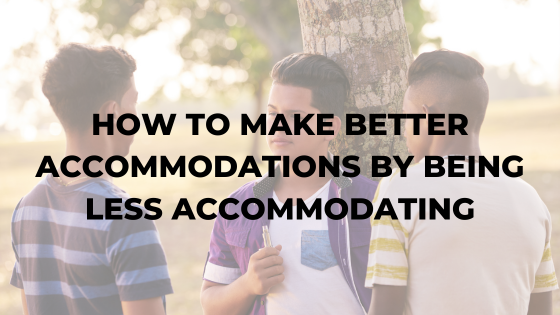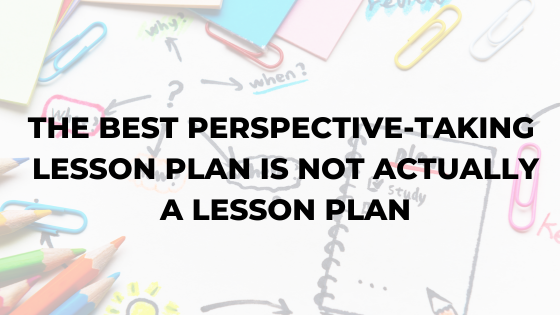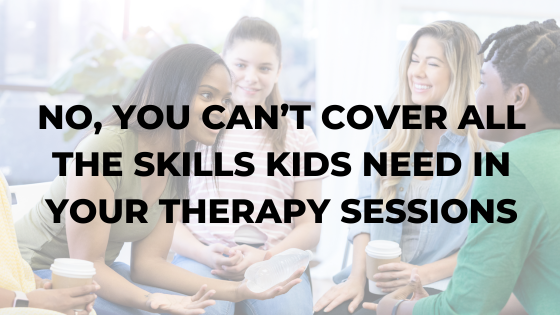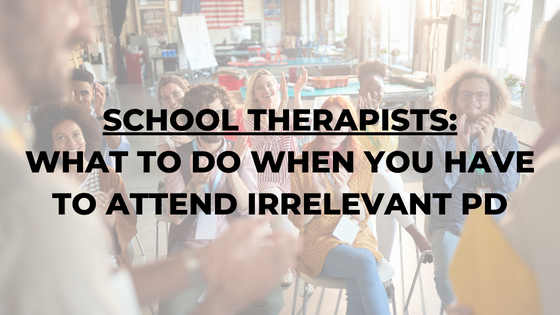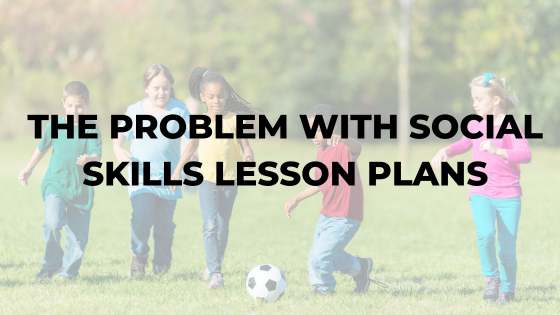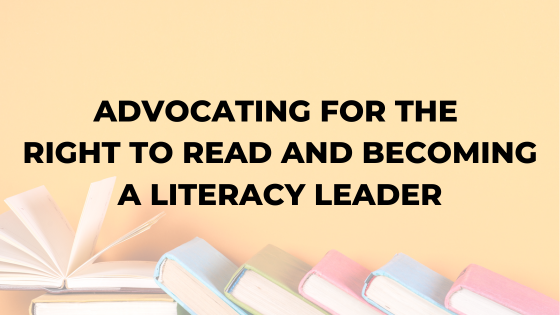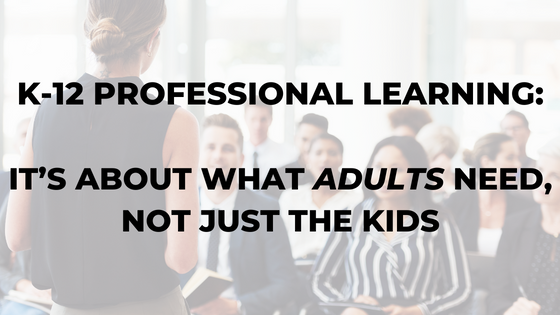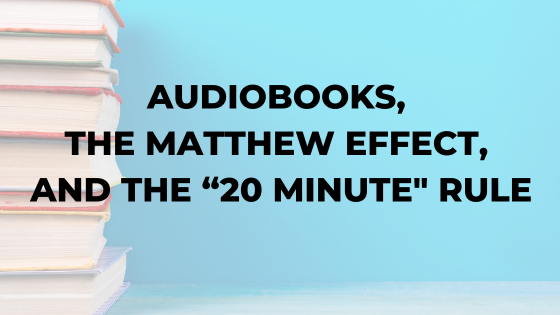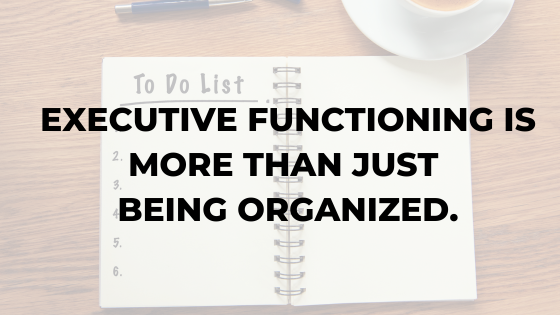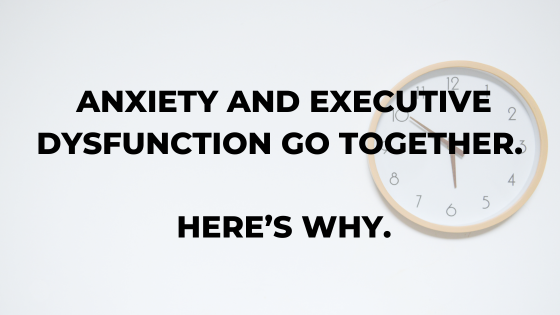“But isn’t this just forcing students to act neurotypical?” This is one of the most common objections I get when I talk about executive functioning; specifically executive functioning that impacts social relationships. Executive functioning skills are important for anyone interested in having relationships with others; neurotypical or not. Planning interventions in a way that is…
Author: DrKaren
The best perspective-taking lesson plan is not actually a lesson plan
Recently in some clinical discussion groups, I’ve seen therapists asking for lesson plans to build perspective taking and situational awareness. This makes me feel optimistic, because it shows that they understand that social skills issues are related to executive functioning. But “activities” for improving perspective taking will not come from a set of materials you…
No, you can’t cover all the skills kids need in your therapy sessions.
When I tell related service providers that they should be coaching and training other members of their school teams, the most common objection I get is that they don’t have time. However, most of them ALSO feel like they have too many skills to work on in therapy. They ask, “How can I possibly get…
School therapists: What to do when you have to attend irrelevant PD
You’ve got a backlog of reports to do. Next week there’s a staff in-service day, and you’re hoping to use it to finally make a dent in the paperwork that’s been piling up. And then the email comes. Everyone in the building is required to attend the district professional development in the morning about the…
The problem with social skills lesson plans
If you’re working on social skills with students and seeing poor generalization, the solution is not more therapy materials. I’m often asked if I offer social skills activities that can be a quick “print and go” option for school therapists to do with students in a group therapy setting. I’m fully aware that if I…
Advocating for the Right to Read and Becoming a Literacy Leader
This past year, I interviewed Brianna Guild from SLP Literacy Corner for the De Facto Leaders podcast. In preparation for our interview, she shared a detailed summary of what she wanted to discuss in our episode, and I decided to publish it as a post because it has a lot of useful information for clinicians…
K-12 Professional Learning: It’s about what adults need, not just the kids.
One of the most common questions I get from clinicians who work with school-age kids is about scope and sequence of therapy. “How do I make time to address all these skills my students need?” “How can I help students generalize skills from one setting to another?” “How can I help the other people on…
Audiobooks, the Matthew Effect, and the “20 minute” rule
This past year, I had the opportunity to connect with various administrators and Ed Tech leaders who are selling curriculum products to school districts at a large scale. During many of these conversations it became clear that districts are making core, evidence-based reading curriculum a priority. One of the best ways to see what’s important…
Executive functioning is more than just being organized.
Most K-12 teams think they’re working on executive functioning with their students, but they’re still seeing students continue to struggle with: Time-management Self-regulation Social skills Keeping track of work Following directions in class Managing personal belongings That’s because executive functioning support in the school systems often consists of planners and organizers. While organization is one…
Anxiety and executive dysfunction often go together. Here’s why.
Many children continue to experience anxiety about new situations or avoid challenging tasks, despite going to therapy and talking through their feelings. This is often because the intervention is not adequately supporting students’ executive functioning skills. In this video, I explain why anxiety and executive dysfunction go hand-in-hand, and what’s often missing when anxiety persists…
